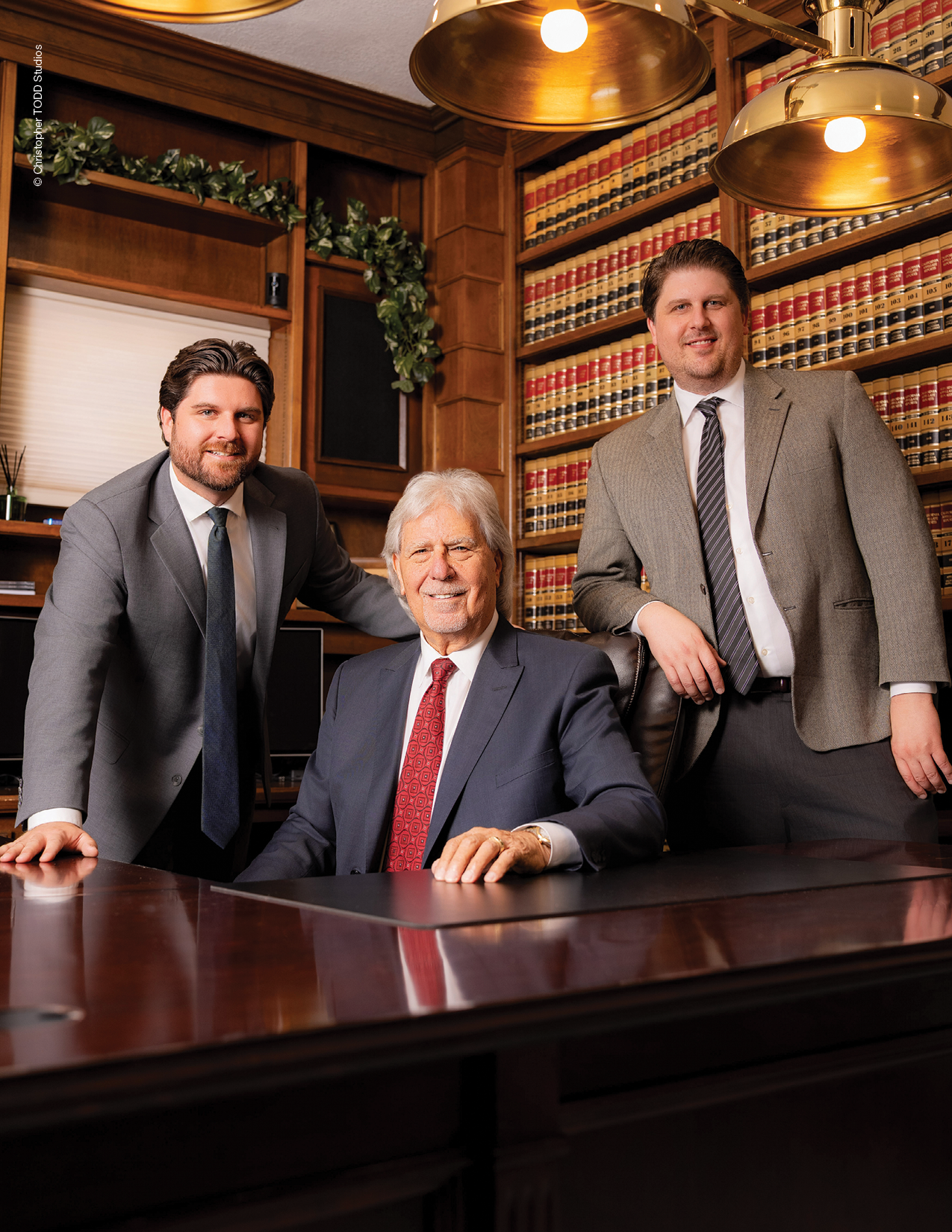These recent case summaries were provided by Monty A. McIntyre, a mediator, arbitrator and referee at ADR Services, Inc., and come from his online publication California Case Summaries™️, which helps California civil lawyers and law firms win more cases by always knowing the new case law in their practice areas. At ADR Services, Monty handles cases in the areas of business, employment, insurance, probate, real property and torts. To schedule a matter, contact Monty’s case managers, Rachael Boughan, rboughan@adrservices.com, (619) 233-1323, or Haward Cho, haward@adrservices.com, (213) 683-1600.
California Case Summaries: New California Civil Cases
CALIFORNIA COURT OF APPEAL
Employment
CRST Expedited, Inc. v. Super. Ct. (2025) _ Cal.App.5th _, 2025 WL 1874891: The Court of Appeal denied the employer defendant’s petition for writ of mandate seeking to overturn the trial court’s order denying defendant’s motion for judgment on the pleadings in plaintiff’s PAGA action alleging no individual claims, but only claims on behalf of other employees. The issue was whether Labor Code section 2699 authorizes an aggrieved employee to bring a lawsuit that seeks to recover civil penalties imposed for Labor Code violations suffered only by other employees. After plaintiff dismissed his individual claims, because they had been ordered to arbitration, defendant moved for judgment on the pleadings arguing that plaintiff could not bring PAGA claims for violations suffered only by other employees. The Court of Appel denied the writ petition, concluding that a plaintiff may bring a PAGA action seeking the recovery of civil penalties (1) for the Labor Code violations suffered only by the employee, (2) for the Labor Code violations suffered only by other employees, or (3) both. (C.A. 5th, July 7, 2025.)
Landlord-Tenant
Eshagian v. Cepeda (2025) _ Cal.App.5th _, 2025 WL 1764252: The Court of Appeal transferred this case from the appellate division of the superior court to decide whether a tenant can appeal a judgment for possession in an unlawful detainer proceeding if the landlord has outstanding damages claims that have not been adjudicated. It concluded that a possession-only judgment is not appealable in this situation because it does not resolve all rights of the parties. However, given the uncertainty of the law on appealability at the time defendant filed his appeal, the Court of Appeal treated the appeal as a petition for writ of mandate to avoid any further delay. It concluded that the three-day notice to pay rent or quit served by plaintiff landlord, pursuant to section 1161(2) was invalid for failure to make clear by when and how defendant tenant had to pay the rent, and that defendant would lose possession of the premises if he did not timely cure the default. Plaintiff’s complaint incorporating the three-day notice therefore failed to state a cause of action for unlawful detainer and the Court of Appeal directed the trial court to vacate the judgment in favor of plaintiff and to enter a new judgment in favor of defendant. (C.A. 2nd, June 26, 2025.)
Real Property
Amundson et al. v. Catello (2025) _ Cal.App.5th _, 2025 WL 1563241: The Court of Appeal reversed the trial court’s interlocutory order identifying the owners of real property as cross-defendant Ruth Catello (Catello) and the estate of decedent Leslie J. Knoles (decedent) and ordering a partition by sale. Decedent had four surviving siblings. Catello and decedent originally acquired title to the real property as joint tenants. About one month before her death, decedent recorded a quitclaim deed that, if valid, severed the joint tenancy and created a tenancy in common with no right of survivorship. Catello and the siblings filed dueling petitions in the probate court. Those proceedings were not yet concluded when the Court of Appeal issued its decision. This appeal arose after Catello filed an action against two of the siblings to cancel the quitclaim deed and for quiet title to the real property, the siblings later filed a cross-claim seeking to partition the real property by sale, and the trial court entered its interlocutory judgment. The Court of Appeal reversed the interlocutory judgment because the siblings did not have standing to bring the partition action. Code of Civil Procedure section 872.210(a)(2) provides that a partition action may be commenced and maintained by an owner of an estate of inheritance in real property. The probate proceedings, however, had not yet determined whether the real property was a part of decedent’s estate. Because the party seeking partition must have clear title, the uncertainty of the outcome of the probate proceedings precluded the siblings from establishing the ownership interest required to bring a partition claim under section 872.210. (C.A. 4th, Decision after rehearing, June 3, 2025.)
Torts
Mitchell v. Hutchinson (2025) _ Cal.App.5th _, 2025 WL 1904317: The Court of Appeal affirmed the trial court’s order granting defendants Gail B. Hutchinson and the Gail B. Hutchinson Trust’s (defendants) motion for summary judgment in plaintiffs’ action for personal injury and property damage arising from rocks or boulders rolling down a hill and onto the road. Plaintiff sued several defendants who owned adjacent real property. The trial court properly granted summary judgment. Defendants met their initial burden pursuant to Code of Civil Procedure section 437c subdivision (p)(2) of showing that plaintiffs could not prove the element of causation as to both of their causes of action. The burden then shifted to plaintiffs to show the existence of a triable issue of material fact as to (1) whether the rocks came from defendants’ property or, alternatively, (2) whether defendants and the other owners of the adjacent hillside acted negligently in maintaining their slopes such that the burden of proof on the issue of causation would shift to defendants at trial under Summers v. Tice (1948) 33 Cal.2d 80. Because plaintiffs did neither, defendants were entitled to summary judgment. (C.A. 4th, filed June 11, 2025, published July 10, 2025.) n










